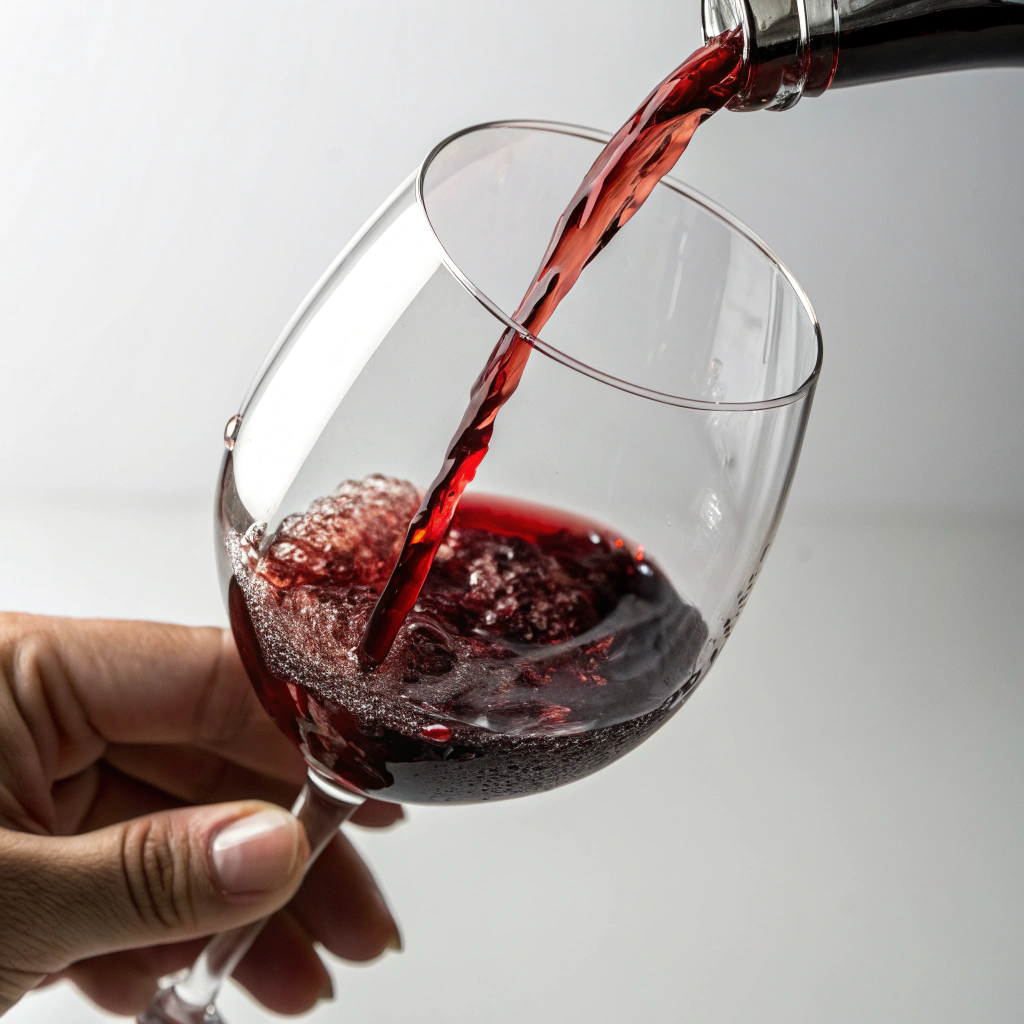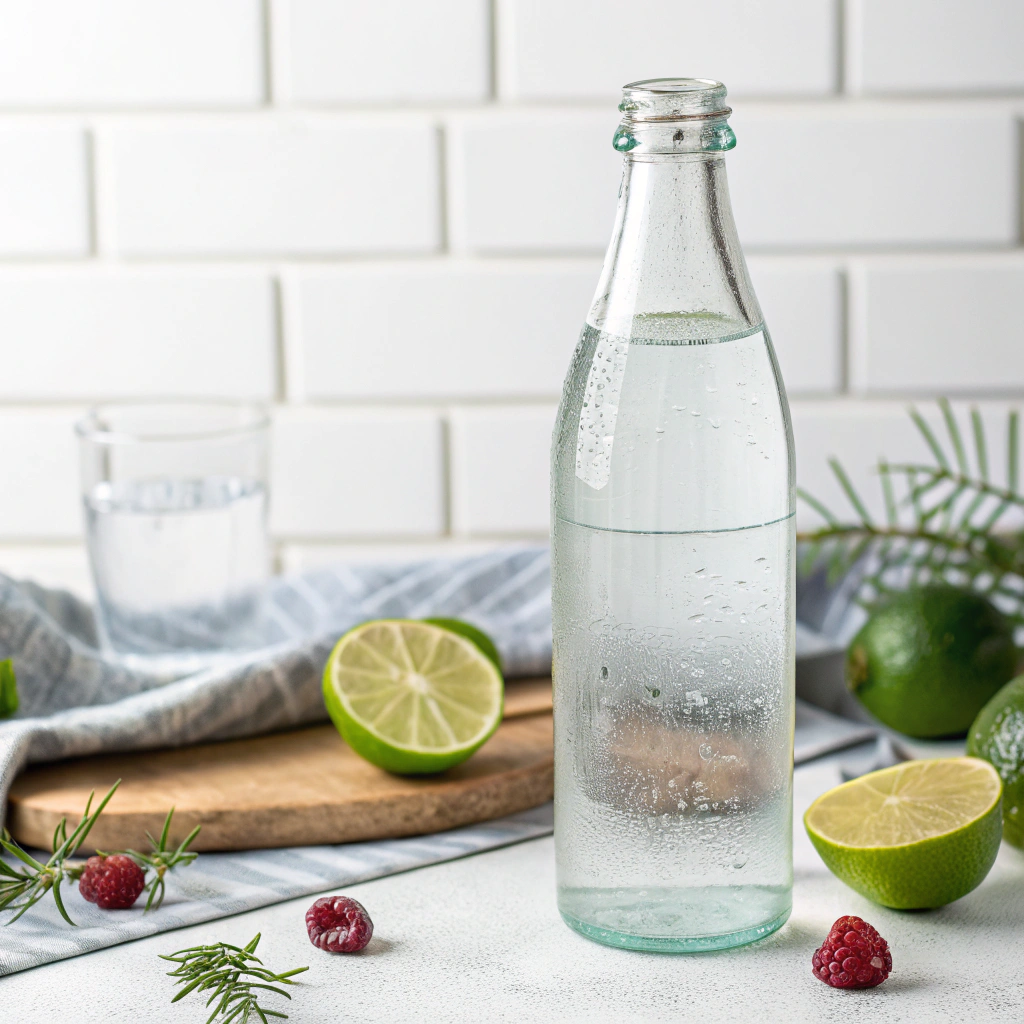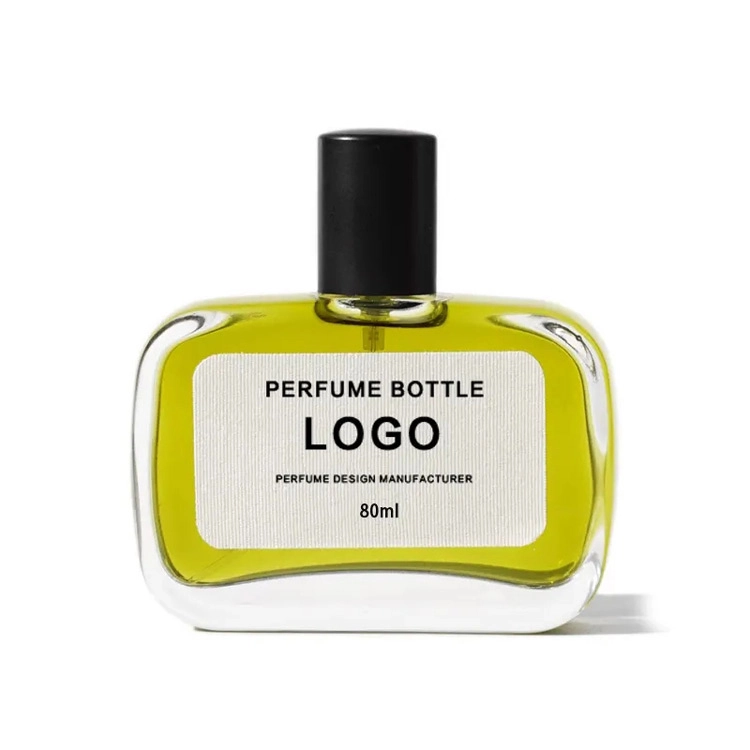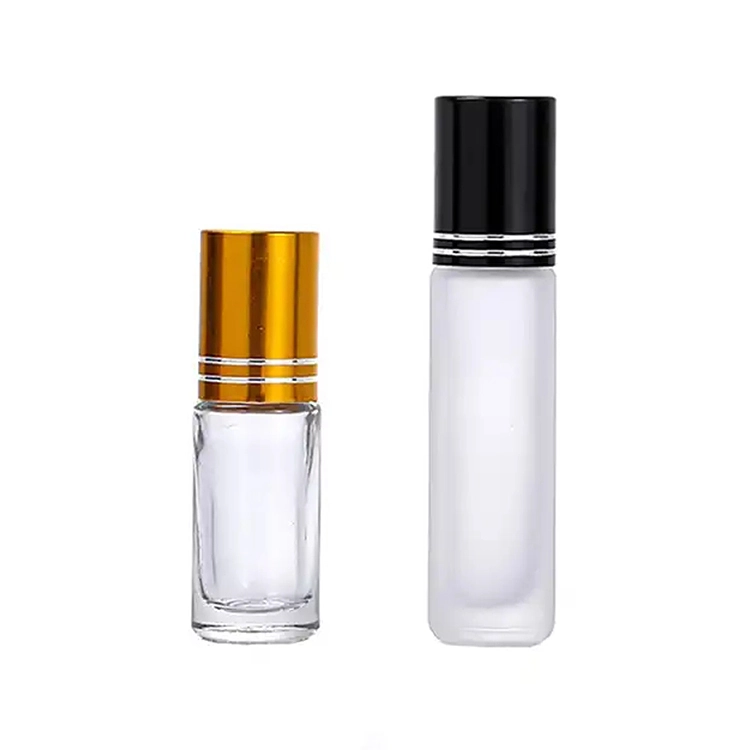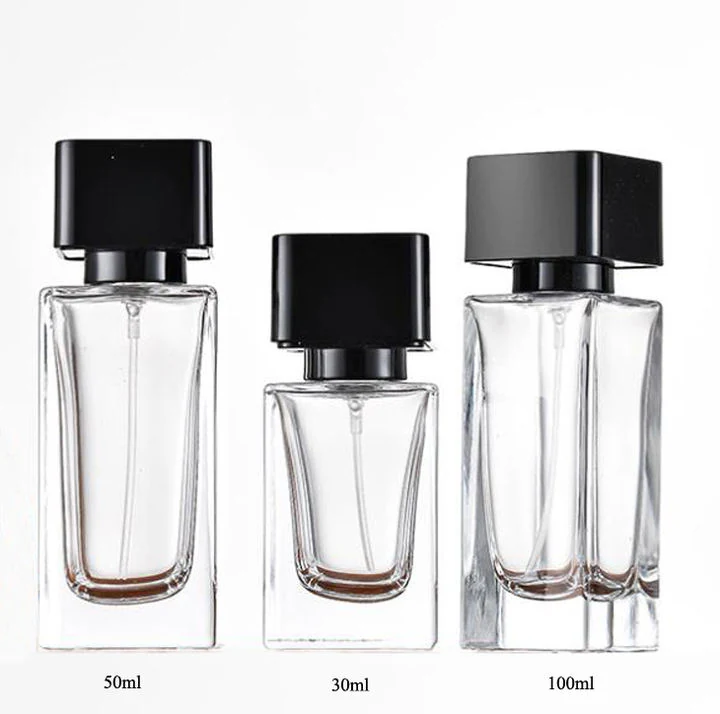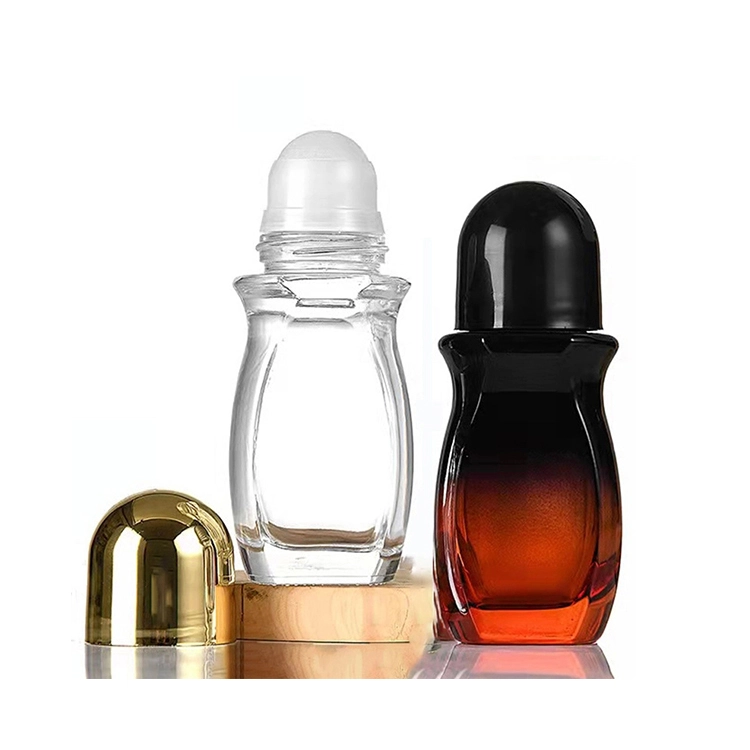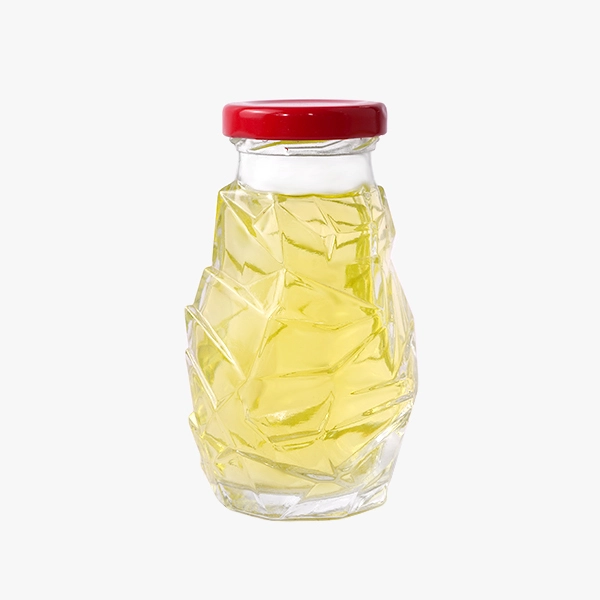
Part 1: Market Size and Growth
Laos’s glass bottle market is small but crucial for the country’s beer, spirits, and food industries. Beer is the leading category, with Beerlao being one of the nation’s most recognized exports. Tourism and exports to Southeast Asia also support steady demand for premium packaging.
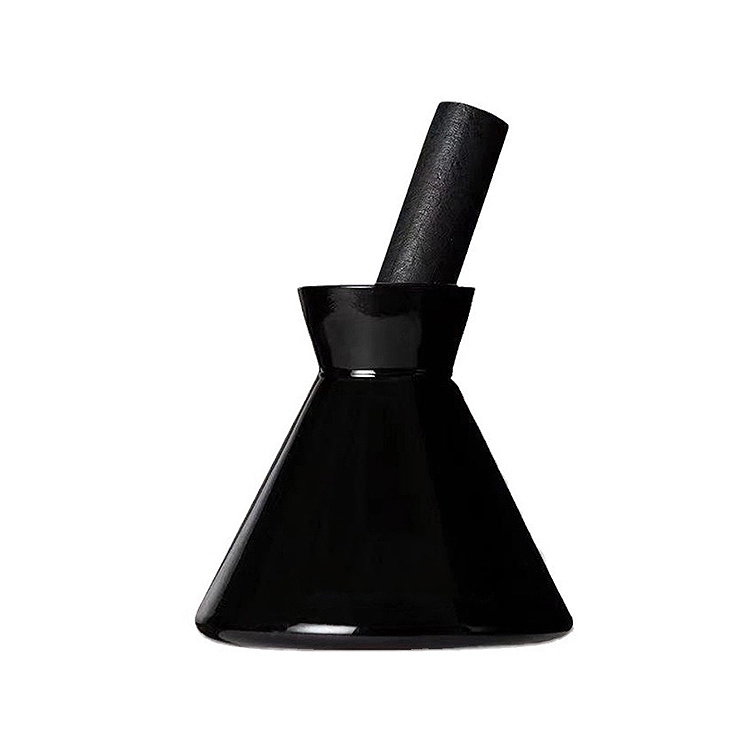
Most glass bottles are imported from Thailand, Vietnam, and China, although Laos has limited domestic bottling capacity. Local producers focus on bottling and branding, while manufacturing of bottles takes place in neighboring countries. This reliance on imports makes regional trade partnerships vital.
As Laos integrates further with ASEAN economic frameworks, sustainability policies are driving companies to adopt recyclable and eco-friendly packaging. Glass bottles align well with these policies and consumer expectations.
Part 2: Leading Companies
Lao Brewery Company Ltd. (LBC)
Lao Brewery Company, founded in 1973, is the country’s largest beverage producer and the maker of Beerlao. It relies heavily on glass bottles for both domestic sales and international exports.
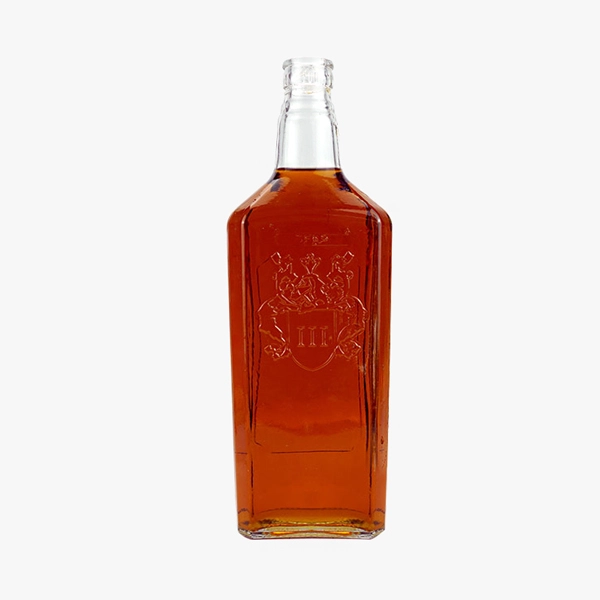
Its portfolio includes beer bottles, soda bottles, and malt beverages. Glass bottles are essential for LBC’s global branding and premium identity.
The company operates bottle recycling initiatives and holds certifications for quality, food safety, and environmental standards.
Lao Spirits Producers
Laos has a growing number of small distilleries producing rice whisky, rum, and other traditional spirits. These companies use imported glass bottles to maintain product quality and appeal in both local and export markets.
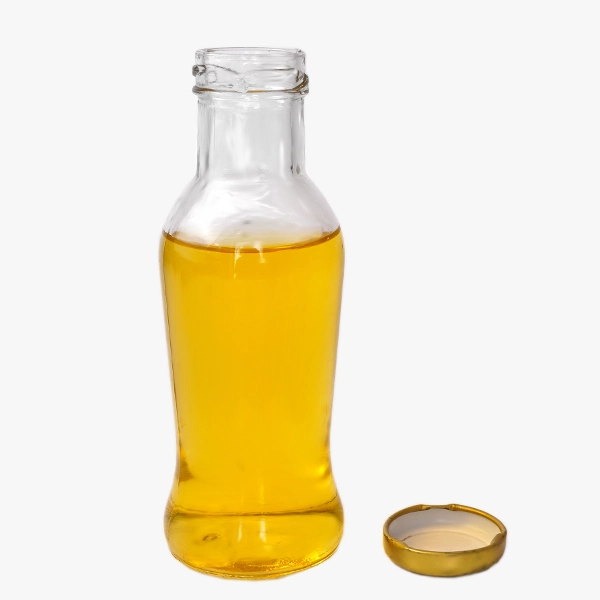
Products include whisky bottles, rum bottles, and liqueur containers. Glass bottles ensure durability and support cultural authenticity.
Many of these businesses work with suppliers in Thailand and Vietnam for their packaging needs.
Agro-Food Producers
Agro-food producers in Laos also use glass bottles and jars for sauces, honey, herbal tonics, and fruit syrups. These products are sold domestically and exported to niche Asian and Western markets.
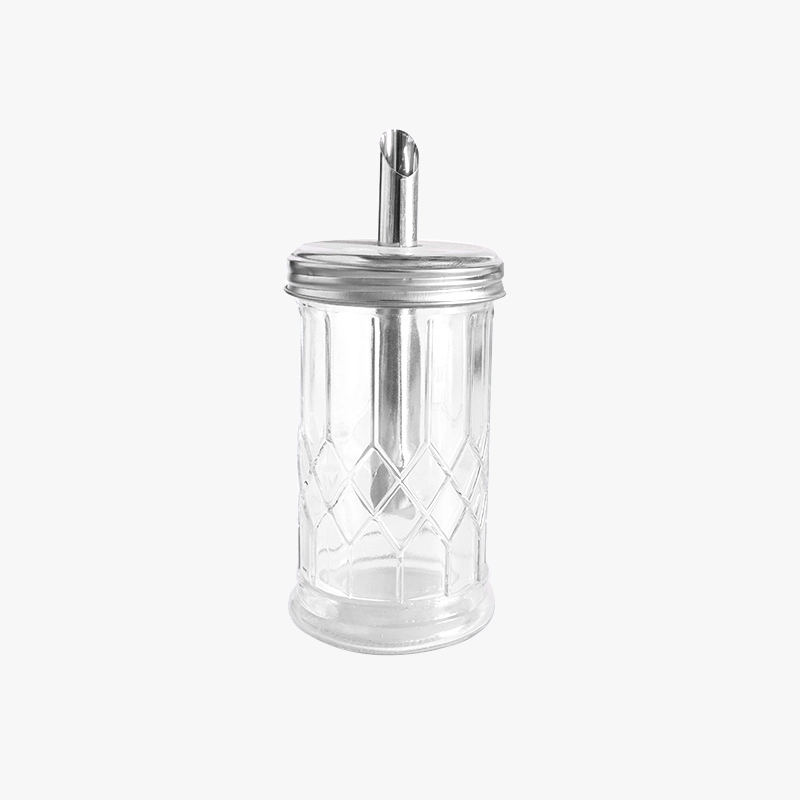
Products include chili sauce bottles, honey jars, and herbal drink containers. Glass packaging highlights premium quality and supports export competitiveness.
These companies comply with export standards for food safety and labeling.
| Company | Founded | Core Products | Industries | Certifications |
|---|---|---|---|---|
| Lao Brewery Company Ltd. | 1973 | Beer bottles, soda bottles | Breweries, beverages | ISO, Environmental Standards |
| Local Spirits Producers | 20th–21st century | Whisky bottles, rum bottles | Spirits, exports | Local & Export Standards |
| Agro-Food Producers | 21st century | Sauces, honey jars, syrups | Agro-food, exports | Food Safety Certifications |
Part 3: Trade Shows and Industry Events
Lao Food & Beverage Expo
The Lao Food & Beverage Expo is the country’s premier industry event, featuring local producers and international suppliers. Glass bottle packaging is showcased by breweries, distilleries, and food exporters. It is a central hub for product promotion and trade.
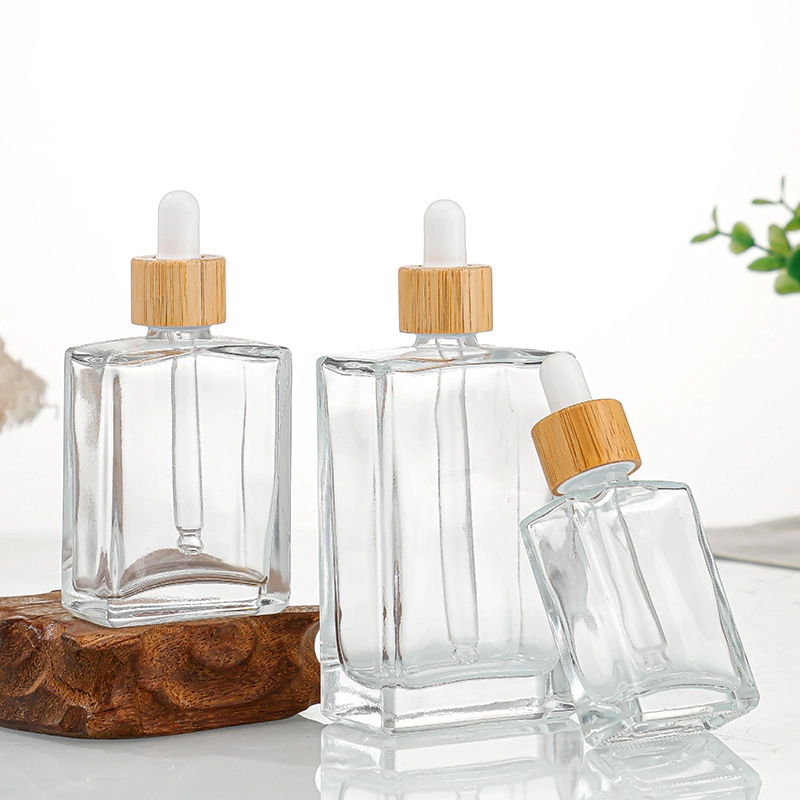
Held annually in Vientiane, the event focuses on sustainable packaging, export readiness, and new product launches.
ASEAN Packaging & Food Expo
Lao producers also participate in the ASEAN Packaging & Food Expo, a regional exhibition where suppliers of glass containers connect with beverage and agro companies. It helps Lao businesses secure partnerships with bottle manufacturers.
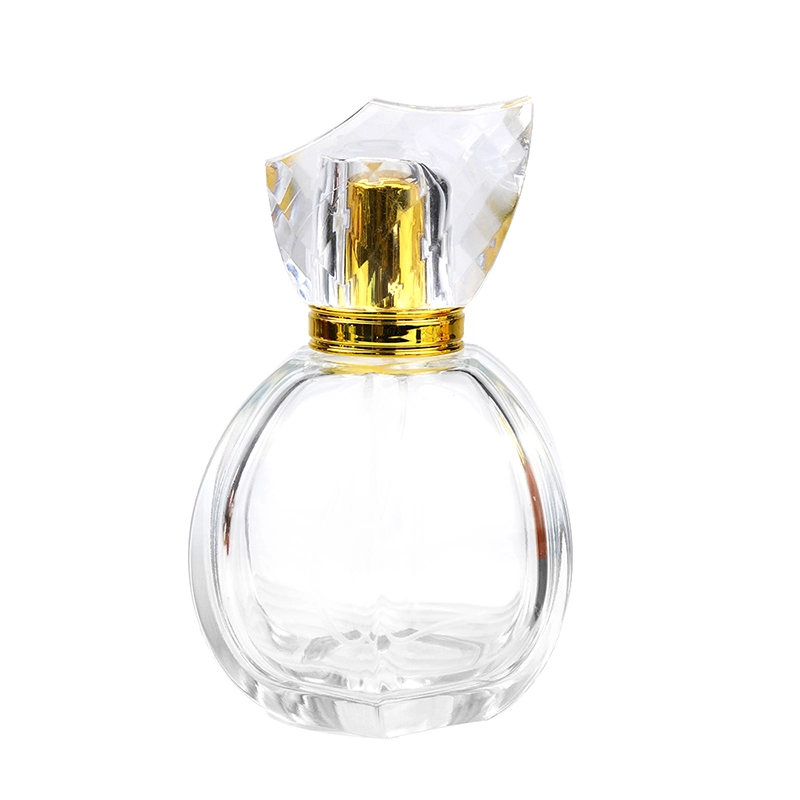
The event rotates among ASEAN capitals, featuring innovations in eco-packaging, recycling, and export networking.
| Event | Date | Location | Highlights |
|---|---|---|---|
| Lao Food & Beverage Expo | Annual | Vientiane, Laos | Beverage packaging, sustainability |
| ASEAN Packaging & Food Expo | Annual | ASEAN capitals | Glass packaging, recycling, export promotion |
Part 4: Impact of Global Trade Policies
Laos depends heavily on imports for glass bottles, making ASEAN trade agreements and bilateral deals with Thailand, Vietnam, and China critical. Freight costs and tariffs directly affect supply stability. This reliance creates risks in pricing and logistics.
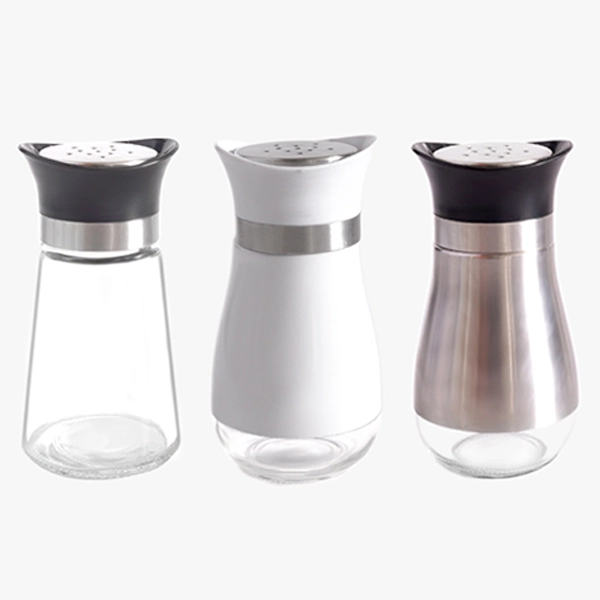
As a member of ASEAN, Laos benefits from tariff reductions that make it easier to source glass bottles from regional partners. This regional integration reduces costs and supports consistent supply.
Global sustainability trends encourage reuse and recycling. By aligning with these standards, Lao producers can enhance their export competitiveness and attract eco-conscious consumers.
Part 5: Conclusion
Laos’s glass bottle industry is led by Lao Brewery Company and supported by small spirits distilleries and agro-food producers. Tourism, beer exports, and sustainability policies maintain strong demand.
Challenges include reliance on imports, high logistics costs, and limited domestic production. The industry’s future will depend on regional trade partnerships, eco-friendly packaging practices, and branding for global exports.
Recommended Reading:
- Glass Bottle Manufacturers in Kyrgyzstan
- Glass Bottle Manufacturers in Kazakhstan
- Glass Bottle Manufacturers in Iceland
- Glass Bottle Manufacturers in Haiti
- Glass Bottle Manufacturers in Guyana
- Glass Bottle Manufacturers in Guinea-Bissau
- Glass Bottle Manufacturers in Guinea
- Glass Bottle Manufacturers in Guatemala
Glass Bottle Manufacturers in Turkey
Food Grade 230ml Whiskey Bottle with Bird-Shapped Stopper
4oz Square Spice Jars Wholesale
Glass Bottle Manufacturers in Timor-Leste

